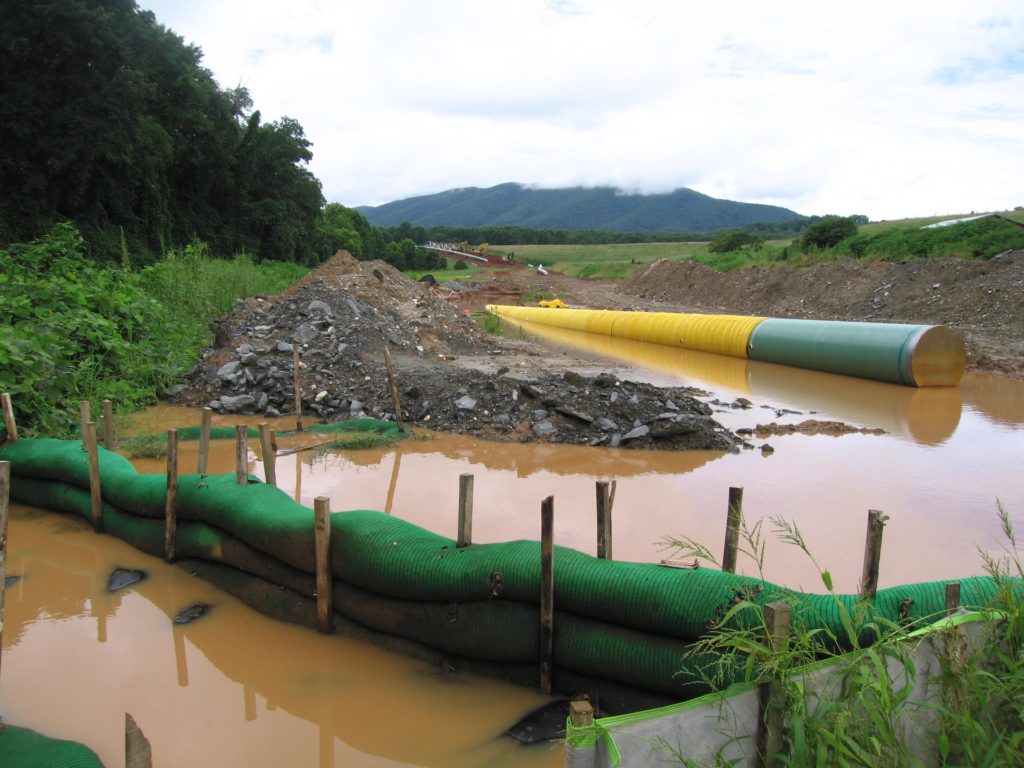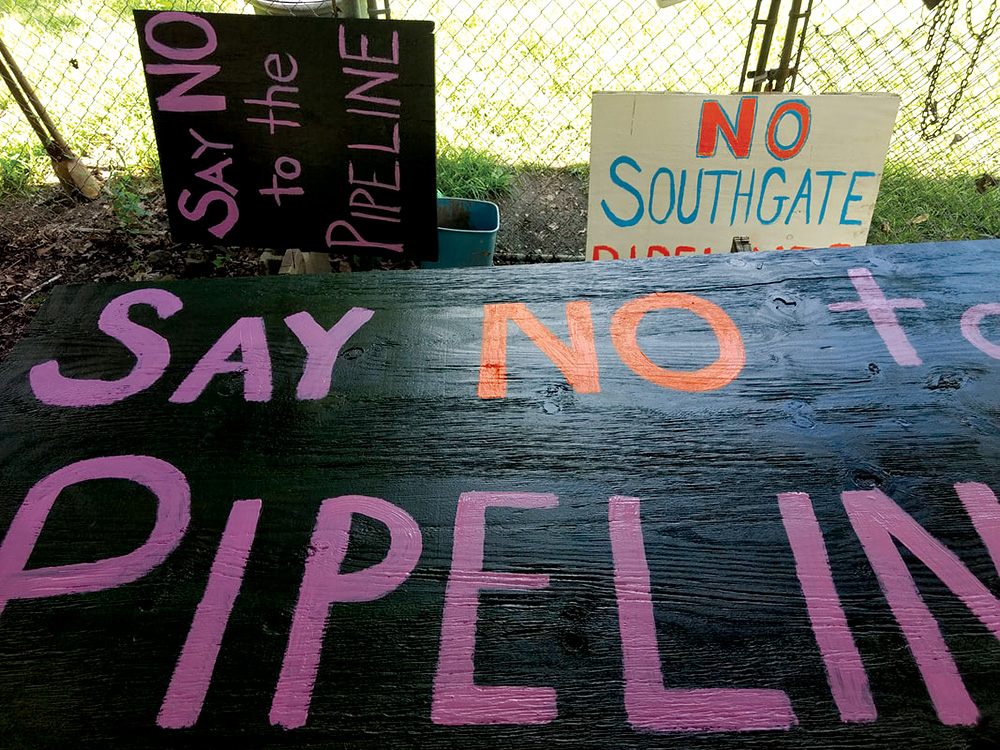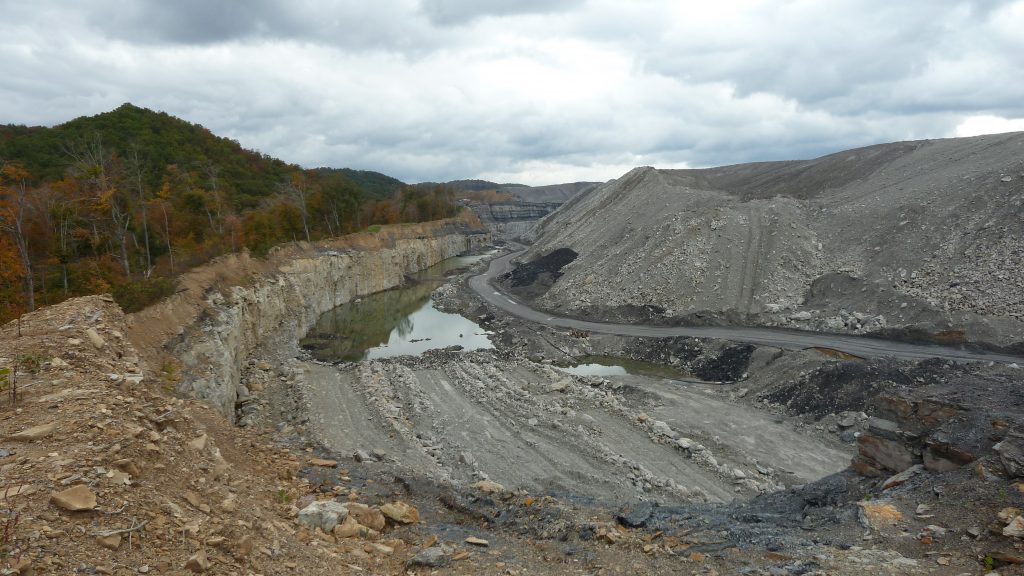Cleaning Up Coal Ash
For well over a century, power plants across the country have burned coal to generate electricity. And for just as long, leftover coal ash has been dumped in open, unlined pits near the power plant, usually located on a river or lake. Every year, U.S. power plants produce 130 million tons of coal ash, which is the second largest waste stream in the country after municipal garbage.
Coal ash concentrates the toxic heavy metals found in coal, including arsenic, mercury, lead and selenium. Stored in unlined, wet impoundments, coal ash has been leaking these toxics into our groundwater and surface waters for years. Sometimes these impoundments collapse — with disastrous results.
Yet government regulations for coal ash management are either non-existent or sparse, and there is little enforcement of the regulations that do exist. In North Carolina, this lack of oversight — and the complicity between state regulators, elected officials and Duke Energy — came to a boiling point in February 2014 when one of Duke’s coal ash impoundments spilled 39 million tons of ash into the Dan River.
Citizens living near North Carolina’s 33 coal ash impoundments — all of which have leaked — have fought for transparency from Duke and the state, and for cleanup of the pollution that threatens their property value, health and family. Their actions forced this issue into the headlines of news networks and to the forefront of environmental justice conversations in the United States.
Appalachian Voices stood with these communities as we worked for years to compel Duke Energy and the N.C. Department of Environmental Quality to excavate coal ash from all the North Carolina sites and dispose of it either in lined, dry landfills, away from waterways, or by recycling it for concrete or other uses, provided it’s done in a manner that protects public health and the environment.
On Jan. 2, 2020, North Carolina announced a historic settlement with one of the state’s most powerful corporations and polluters, Duke Energy. The settlement requires Duke to move nearly 80 million tons of toxic coal ash at six of its power plants to properly lined landfills onsite or recycle it.

Learn information about specific coal ash impoundments in the South, including health threats and safety ratings:
Additional Resources
Fact sheets, videos, links to academic research, and more
Sign Up to Act
Help us protect the health of our communities and waterways.
Latest News
Environmental and community groups challenge effort to throw out Mountain Valley Pipeline lawsuit
Late Monday, environmental and community organizations filed a response opposing efforts by the U.S. Department of Justice and Mountain Valley Pipeline, LLC, to dismiss the environmental groups’ pending challenge to the latest biological opinion and incidental take statement under the Endangered Species Act for the ill-advised Mountain Valley Pipeline.
Appalachian Voices statement on Mountain Valley Pipeline’s receipt of key Clean Water Act permit
The U.S. Army Corps issued a Clean Water Act permit to Mountain Valley Pipeline following a passage of a law requiring the agency to do just that.
Statement by Appalachian Voices on MVP Southgate’s certificate extension request
This Southgate pipeline is not in the public interest and the developers have not demonstrated its viability.
Anger and grief over MVP inclusion in debt deal are warranted, but the fight continues
For those who have poured heart and soul into the fight against the Mountain Valley Pipeline for nearly a decade, June 1 was a horrible night.
Appalachian Voices denounces proposed cuts to rural energy programs
FOR IMMEDIATE RELEASE June 14, 2023 CONTACT: Chelsea…
How a proposed rule can help communities hold coal companies accountable
The federal surface mining agency has proposed a new rule that, if finalized, will restore community members’ ability to ensure coal companies follow the law.











